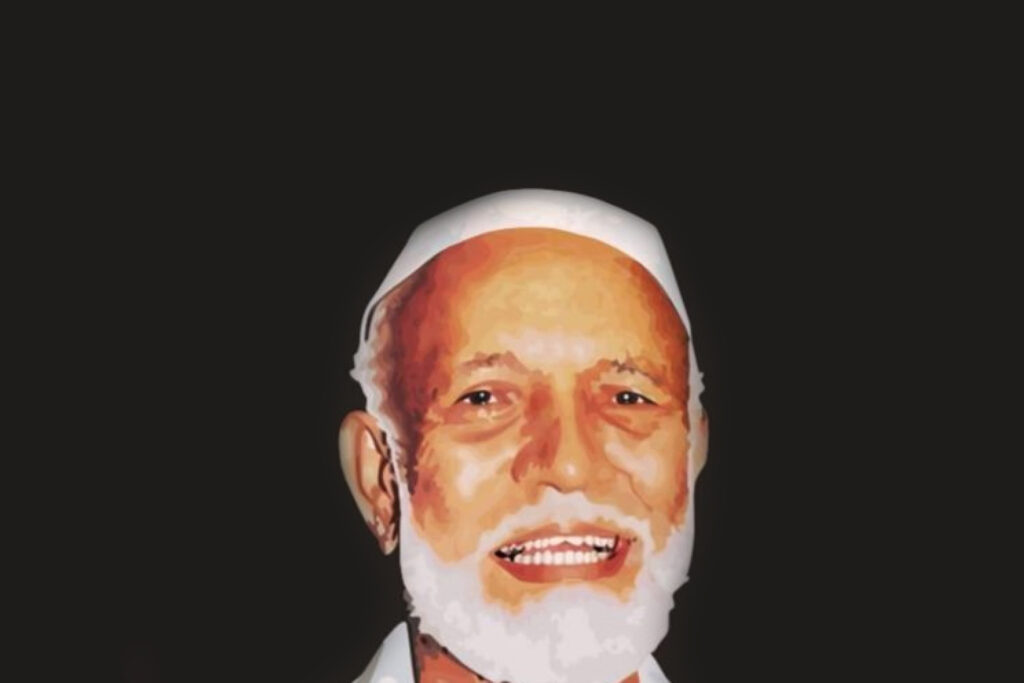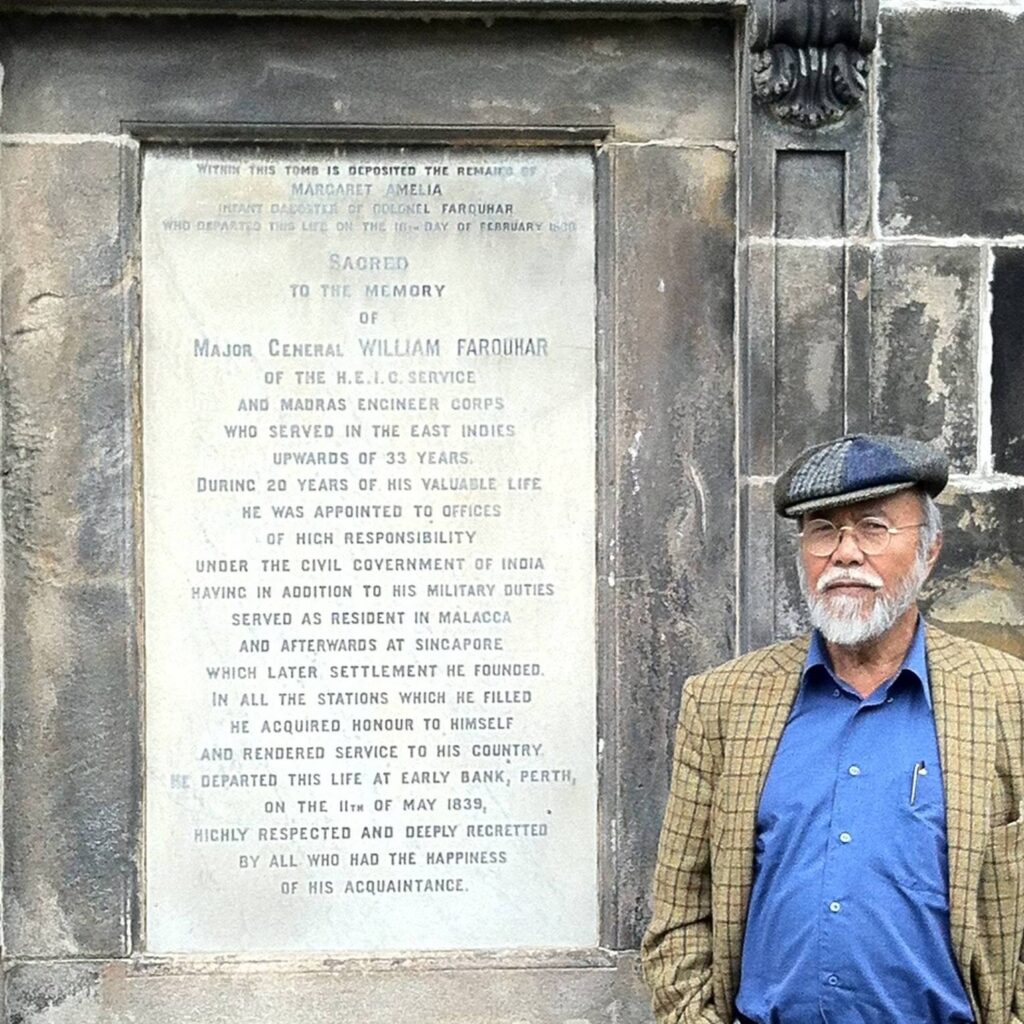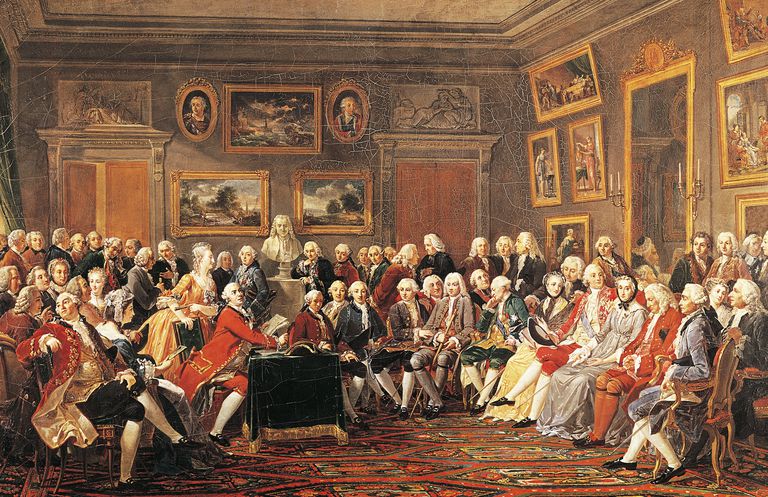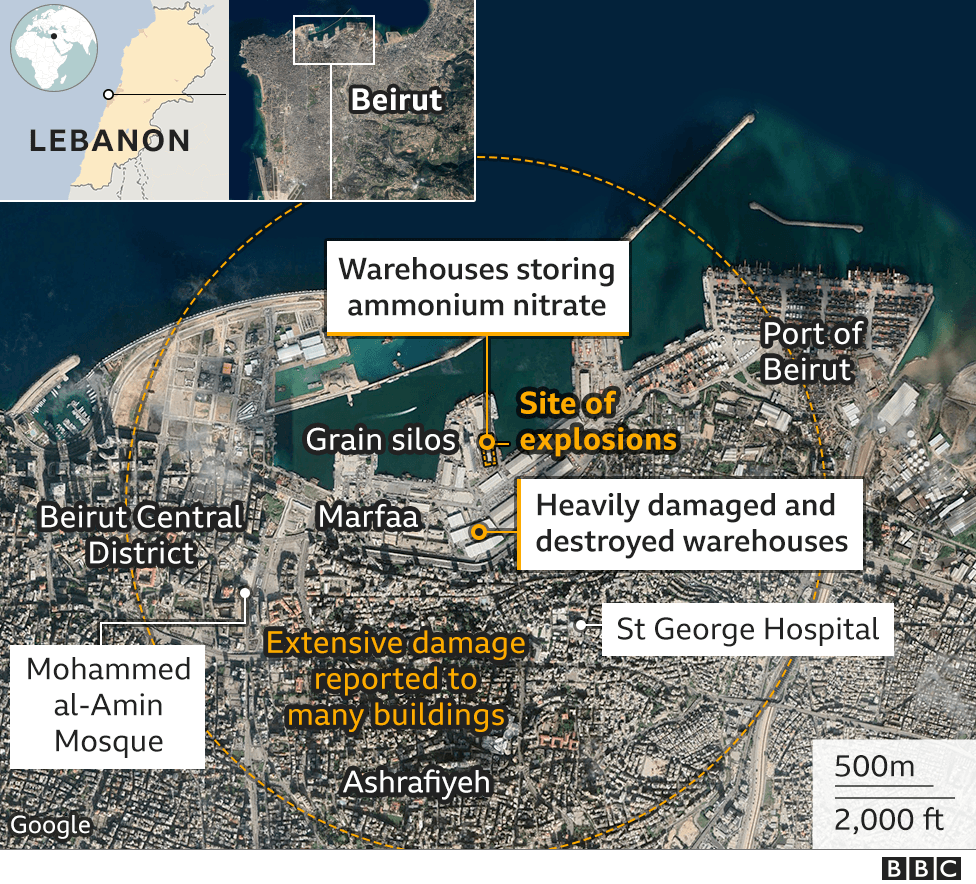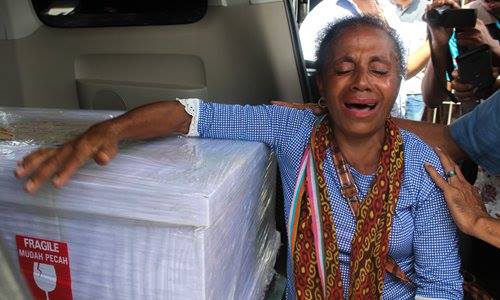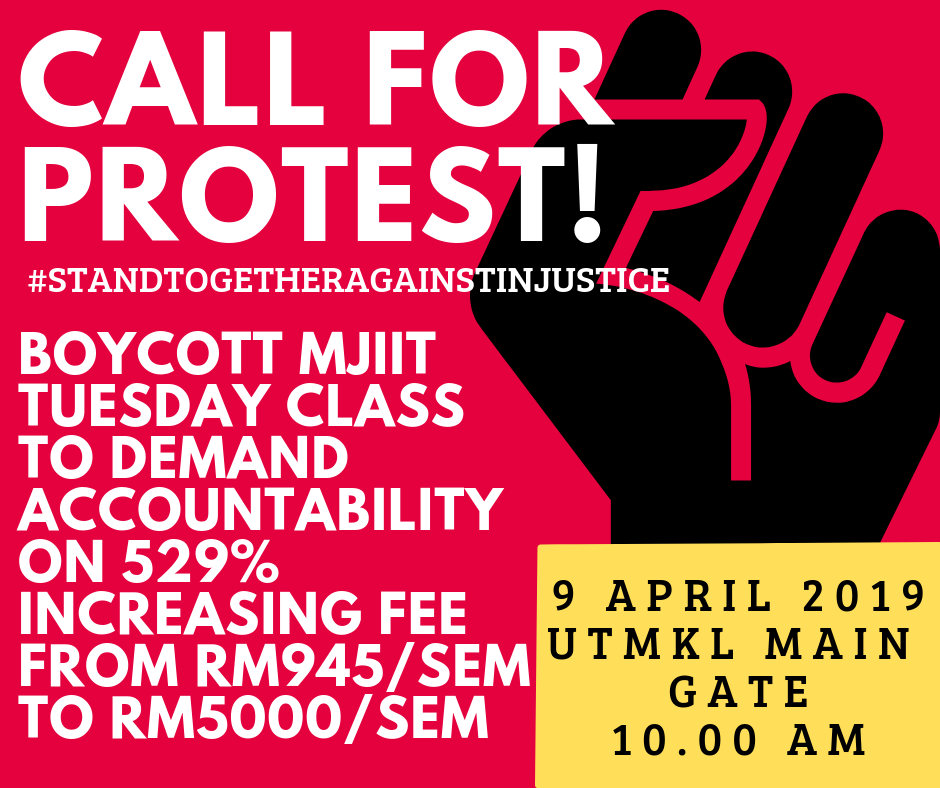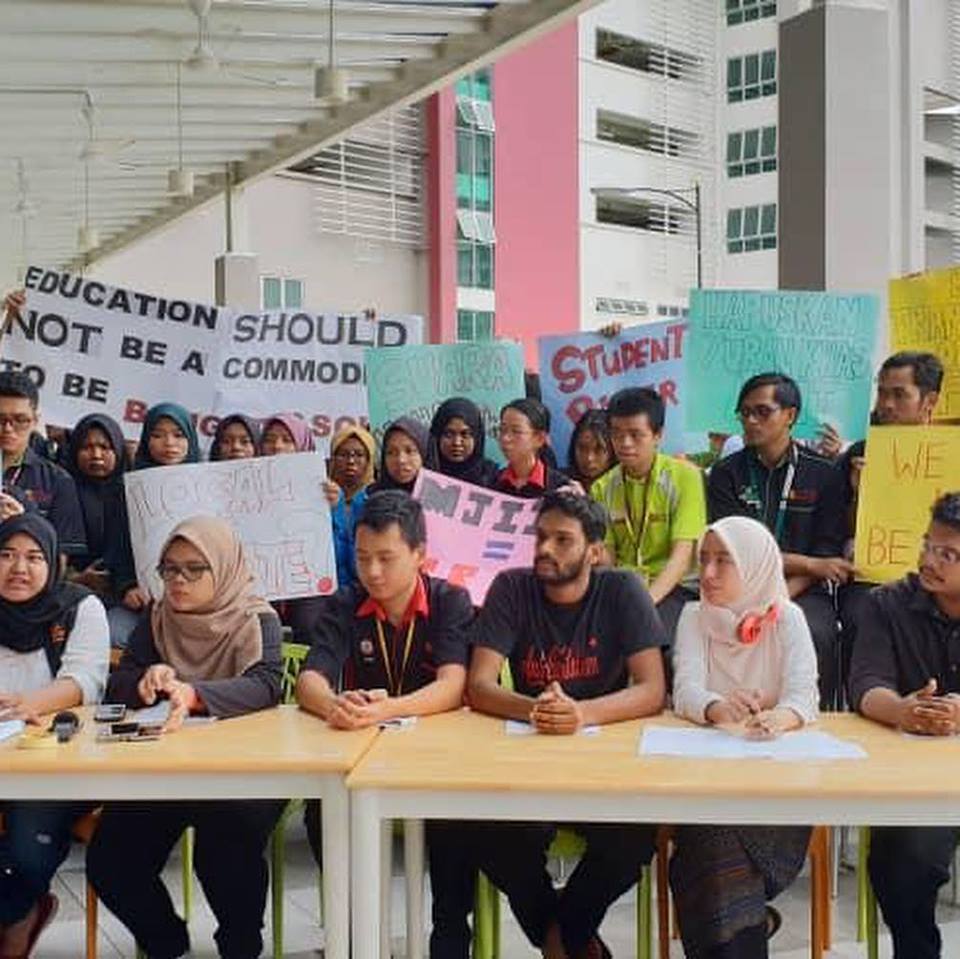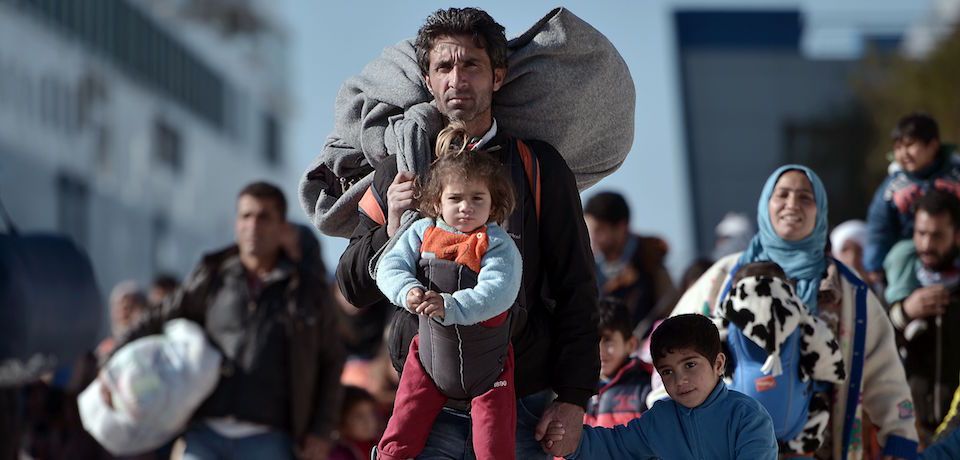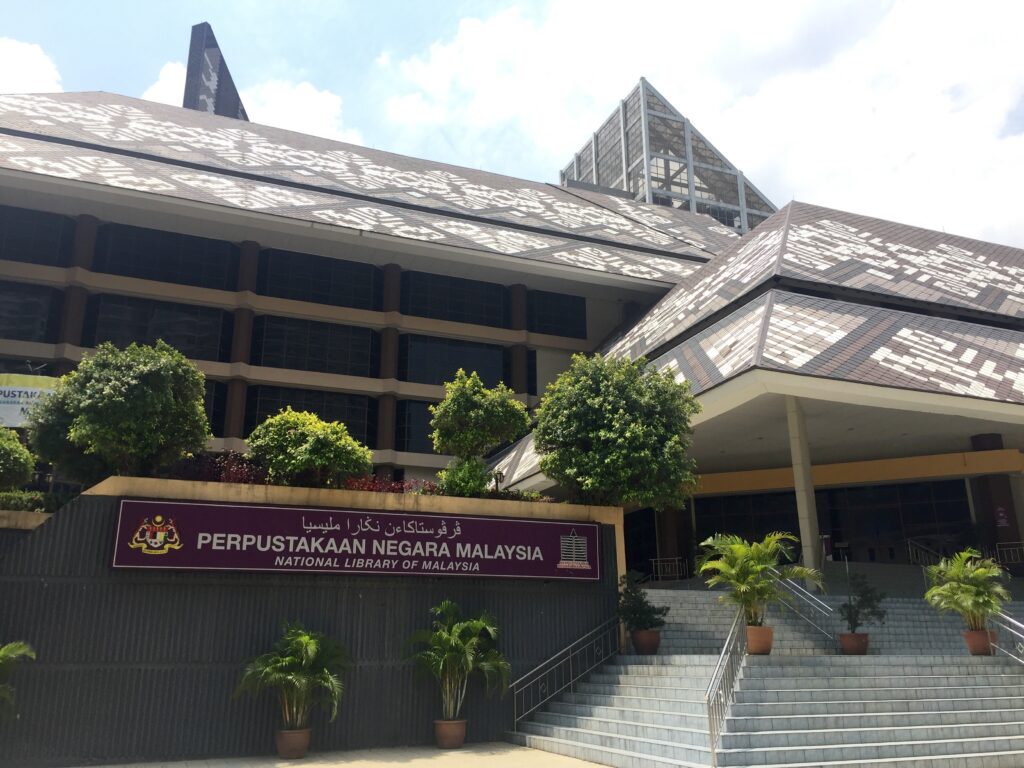
Oleh kerana saya mempunyai beberapa manuskrip yang saya rancang untuk diterbitkan tahun ini, saya ada menghubungi Perpustakaan Negara Malaysia perihal permohonan International Standard Book Numbering (ISBN). Berikut merupakan makluman yang saya terima.
“Salam tuan, untuk makluman, Perkhidmatan Kepada Penerbit (ISBN/ISSN/PDP) DITUTUP SEMENTARA bermula 13-26 Januari 2021. Perkara ini juga adalah tertakluk kepada arahan semasa Jabatan dan turut mengambil kira perkembangan keadaan kesihatan semasa. Semua permohonan yang diterima akan diproses secara berperingkat setelah perkhidmatan dibuka semula kepada penerbit. Maaf atas sebarang kesulitan.”
Author of several books including Berfikir Tentang Pemikiran (2018), Lalang di Lautan Ideologi (2022), Dua Sayap Ilmu (2023), Resistance Sudah Berbunga (2024), Intelektual Yang Membosankan (2024), Homo Historikus (2024), DemokRasisma (2025), dan Dari Orientalisma Hingga ke Genosida (2025). Fathi write from his home at Sungai Petani, Kedah. He like to read, write and sleep.
